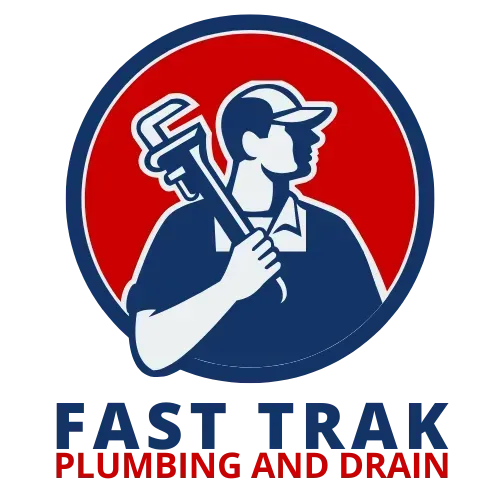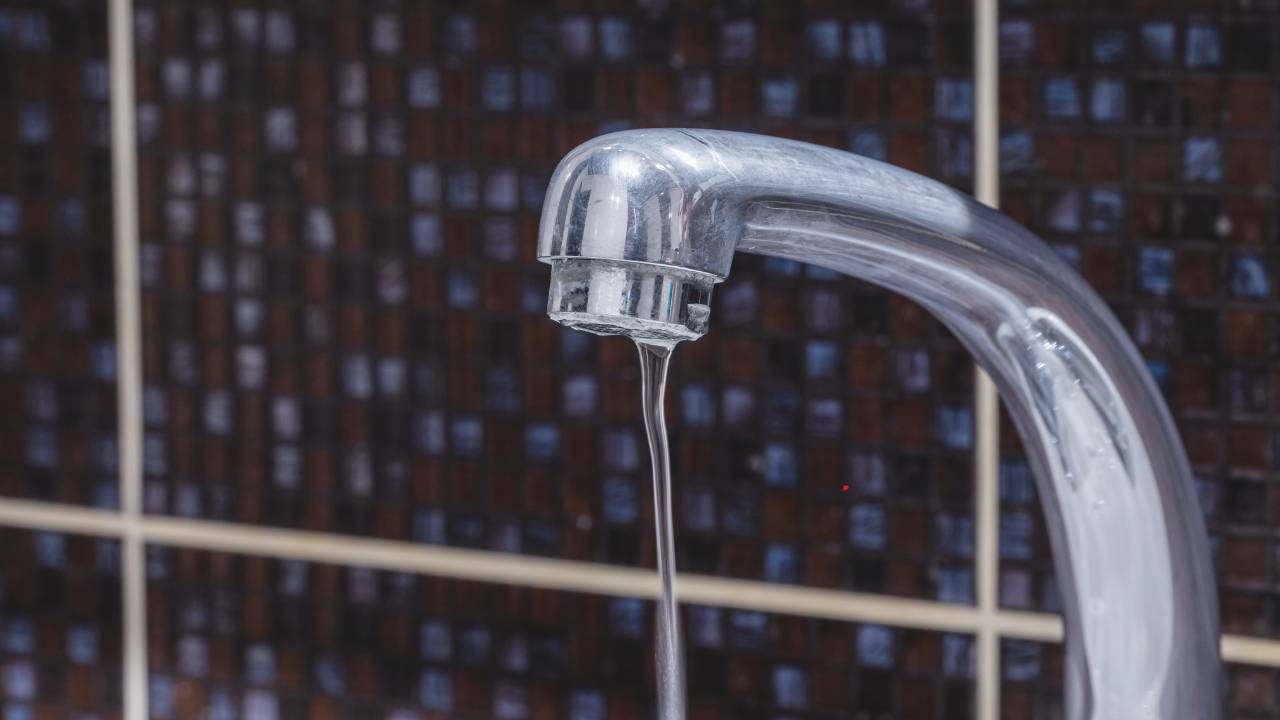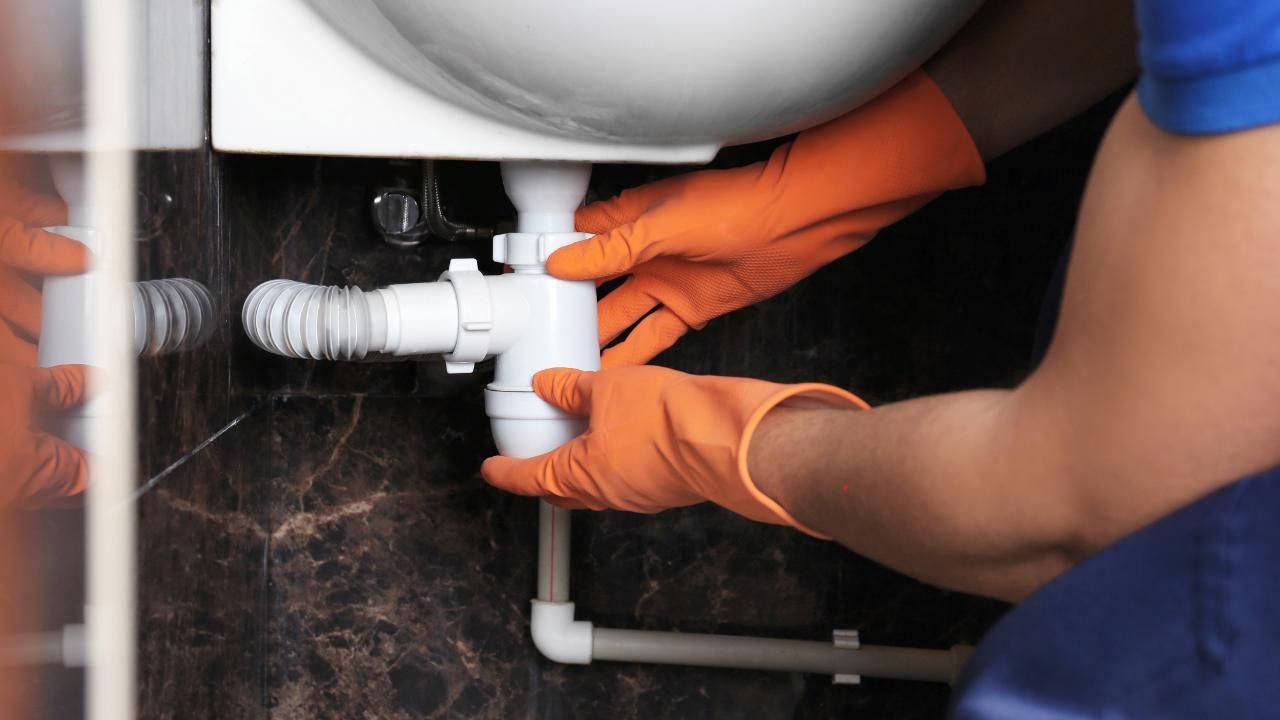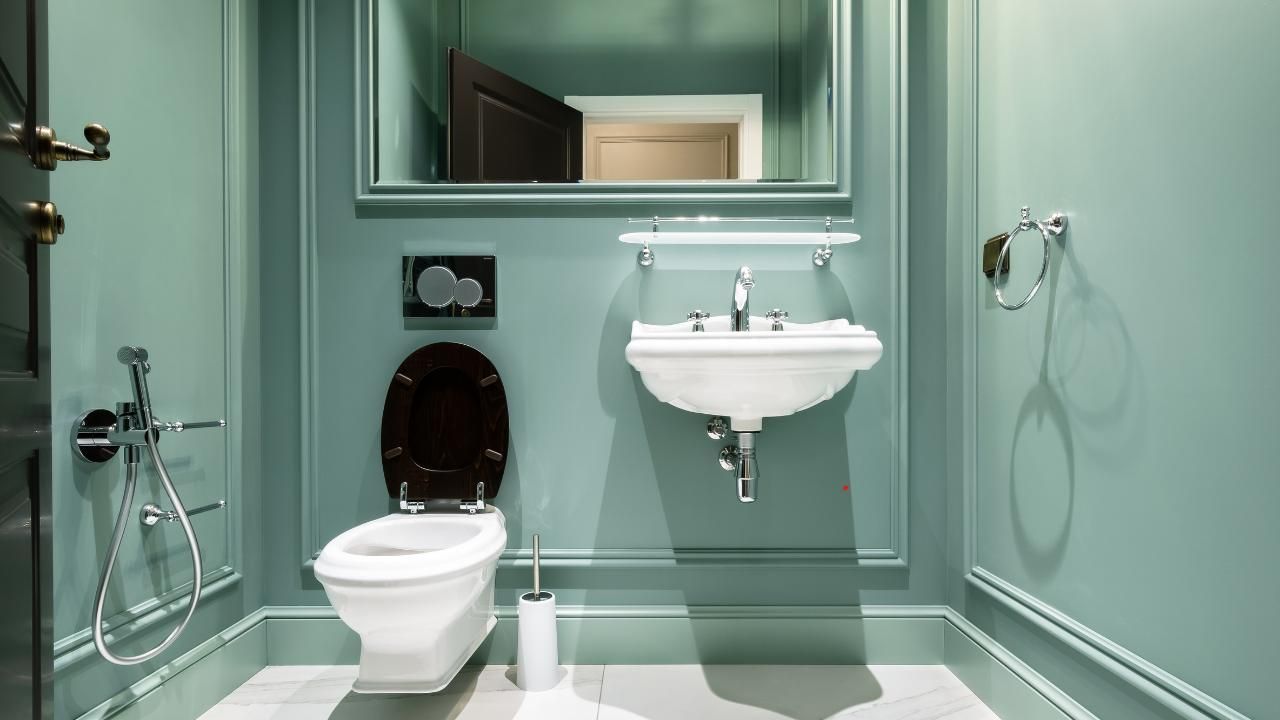Understanding the Basics of Water Pressure in Plumbing Systems
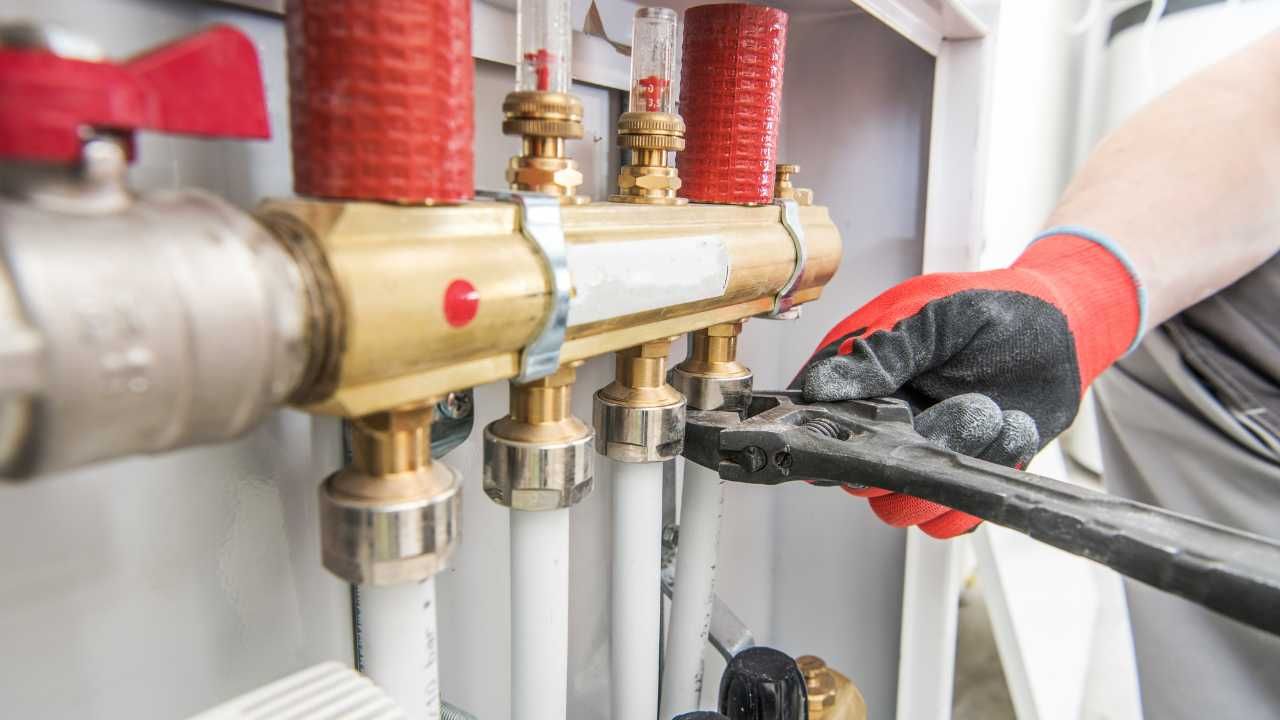
Water pressure is one of those things you don’t often think about until it’s causing a problem. But understanding how water pressure works in your plumbing system can save you from a lot of frustration. Whether you're dealing with a trickle of water from your shower or water hammer noises in your pipes, knowing the basics of water pressure can help you troubleshoot issues or communicate better with a plumber.
What Is Water Pressure?
Water pressure refers to the force that pushes water through your pipes. It's measured in pounds per square inch (PSI), and it determines how strong or weak the flow of water is when you turn on a faucet or flush a toilet. Most homes have a water pressure that falls between 40 and 80 PSI. Too low, and you might struggle to get a decent shower. Too high, and your pipes could take a beating over time.
Common Water Pressure Problems
Water pressure issues can stem from a variety of sources, and each can lead to different problems around the house. Here are some of the most common water pressure problems:
Low Water Pressure
Low water pressure can be frustrating. Imagine trying to rinse off soap under a weak stream of water. Not fun, right? Common causes of low water pressure include:
- Clogged Pipes: Over time, mineral deposits and debris can build up inside your pipes, restricting the flow of water.
- Faulty Pressure Regulator: Many homes have a pressure regulator that ensures water pressure stays within a safe range. If this regulator fails, your pressure can drop.
- Leaky Pipes: If there’s a leak somewhere in your plumbing, the escaping water can reduce pressure throughout the system.
High Water Pressure
High water pressure might sound like a good thing, but it can cause problems just as easily as low pressure. Some issues related to high water pressure include:
- Leaking Faucets: High pressure can cause faucets and fixtures to leak or drip, leading to wasted water and higher bills.
- Burst Pipes: When water pressure is too high, it can put undue stress on your plumbing, leading to pipe bursts and water damage.
- Water Hammer: This is the banging noise you hear in your pipes when water flow is suddenly stopped, like when a washing machine shuts off its water supply. High pressure increases the likelihood of this noisy problem.
How to Check Your Water Pressure
Checking your home’s water pressure is easier than you might think, and it’s a great first step if you suspect something’s wrong.
- Buy a Water Pressure Gauge: You can find these at most hardware stores. They’re inexpensive and simple to use.
- Attach the Gauge to an Outdoor Faucet: This is usually the best place to get an accurate reading.
- Turn on the Water: Once the water is on, the gauge will show your pressure in PSI.
If your reading is below 40 PSI, you may have low water pressure. If it’s above 80 PSI, your pressure is too high, and you might want to consider a pressure regulator.
When to Call a Professional
If you're dealing with ongoing water pressure problems, it might be time to call in the experts. Sometimes the issue isn't something you can fix on your own, especially if it involves your main water line or internal plumbing. For those in Commerce City, it’s essential to have a reliable plumber who understands the local plumbing systems. A skilled professional specializing in plumbing Commerce City residents trust, can diagnose the problem quickly and suggest the best course of action.
Tips for Maintaining Healthy Water Pressure
Maintaining your home’s water pressure doesn’t require much effort, but a few simple steps can go a long way:
- Regular Inspections: Have your plumbing inspected regularly to catch issues before they become serious problems.
- Install a Pressure Regulator: If you don’t already have one, consider installing a pressure regulator to maintain a steady and safe water pressure level.
- Monitor Your Water Usage: Pay attention to any changes in water pressure when using multiple fixtures at once. If you notice a drop, it might indicate a problem.
Conclusion
Understanding water pressure is crucial for keeping your plumbing system in good shape. By knowing what to look out for and when to call in the pros, you can avoid common plumbing headaches and keep your home’s water flowing smoothly.
If you’re experiencing any issues with your water pressure or have questions about your plumbing, don’t hesitate to contact a professional. A quick call could save you from bigger problems down the line. Keep your water pressure in check, and enjoy the steady, reliable flow that every home deserves.
